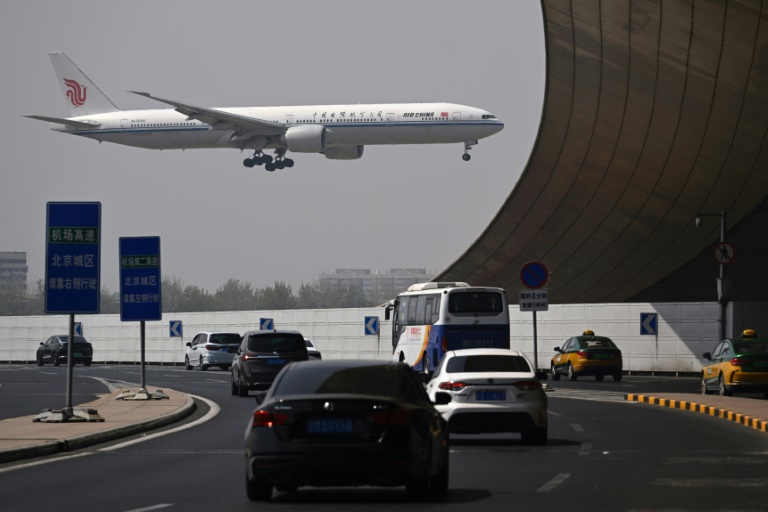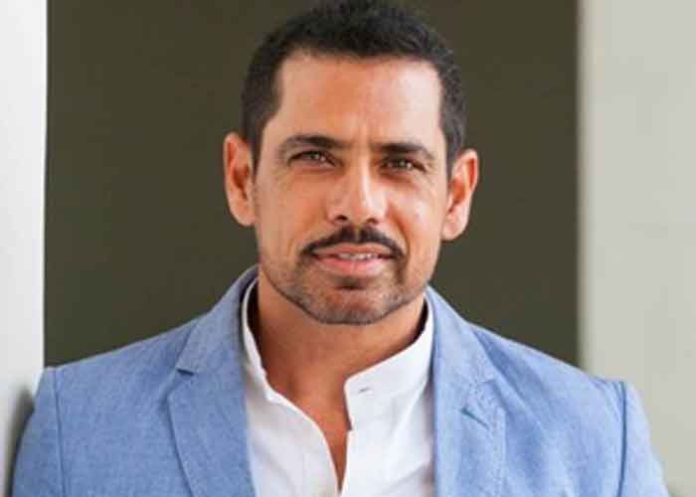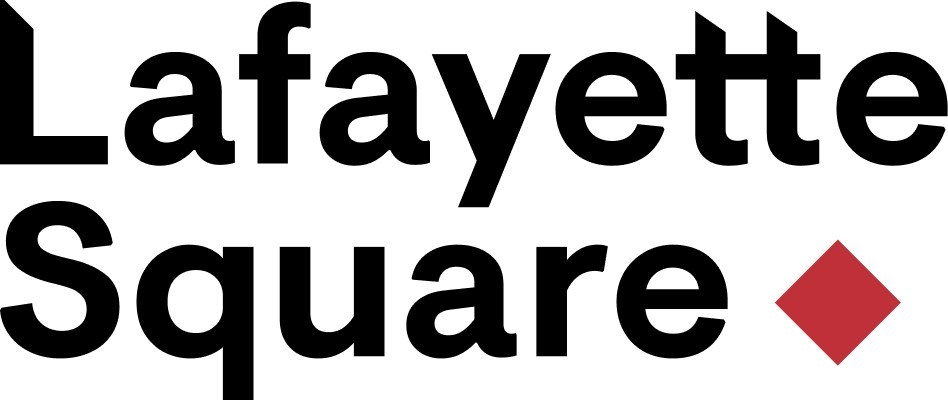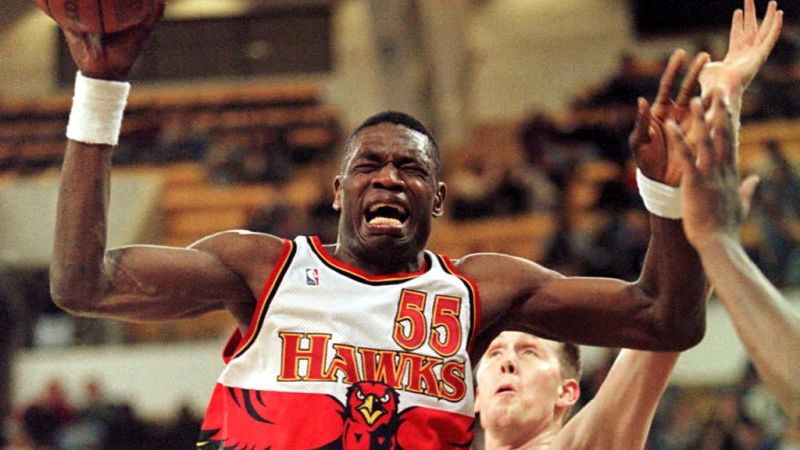Good morning. Corporate Canada is making moves as trade tensions escalate and consumer sentiment softens. Today, we look at how business leaders are adapting to another wave of uncertainty, as the U.
S. administration unleashes a fresh round of tariffs. Manufacturing: President Donald Trump is imposing 25-per-cent tariffs on all automobiles made outside of the U.

S., including those manufactured in Canada. Telecoms: Telus has formally put a stake in its cellphone tower network up for sale with an estimated $1-billion-plus price tag, as Canada’s three largest telecoms attempt to raise cash to pay down debt and fund growth plans Fashion: Katherine Homuth, the founder Montreal-based Sheertex Inc.
, best known for its rip-resistant tights, is stepping down as chief executive. Retail: Montreal-based Dollarama Inc. has struck a deal to buy The Reject Shop Ltd.
, Australia’s largest discount retailer. Real estate: The Bank of Montreal has tightened mortgage-lending rules for self-employed Canadians in several industries that are vulnerable to U.S.
tariffs. BRP Inc. headquarters in Montreal this week.
After enjoying a pandemic-driven spike in demand for its recreational vehicles, the company is facing slower demand and potentially acute exposure to tariffs. Christinne Muschi/The Canadian Press I wasn’t at the CIBC Retail and Consumer Conference yesterday. Then again, no reporters were.
These things tend to be invite-only to clients and presenters. But if you could have peered in through the potted plants, you might have picked up on a low hum of exigency running beneath the slide decks and sandwich trays. Much like the earlier days of the pandemic, when supply chains buckled and forecasts blurred, executives addressed how they are navigating a period shaped by volatility.
Trade tensions with Trump have escalated, creating fresh disruptions for Canadian businesses by the day. Case in point: yesterday morning, Trump said he would announce heavy tariffs on auto imports. In the afternoon, he did just that .
The country’s largest banks host these conferences as a matter of routine (the presenting businesses, I should note, often make audio of their remarks public), but yesterday’s summit brought together a who’s who of Canadian companies caught in the storm of unpredictability. BRP, which reported a quarterly loss and suspended its outlook just hours before its appearance. Loblaw, rolling out discount stores, new clinics, and an in-store symbol for tariff-hit products while leaning on Canadian-made brands.
Canadian Tire, which is scaling back its last four-year plan amid a drastic downturn in consumer spending. And they’re making these moves in the middle of more than one crisis. Hundreds of Canadian steel and aluminum workers have already been laid off because of U.
S. tariffs. Trump’s auto announcement yesterday will wreak havoc with industries on both sides of the border.
The federal election campaign isn’t a crisis in itself, but it doesn’t help businesses navigating these cross-currents without knowing who is leading Canada’s response. Leaders on the mic yesterday have faced their share of economic meltdowns. Many are steering companies still feeling the effects of the pandemic, which shuttered the economy around the world.
But as CIBC analyst Mark Petrie said of this moment: “There is no vaccine for what ails us.” That kind of hard truth hangs over firms like BRP. Its fourth-quarter earnings revealed a $44.
5-million loss, and leaders suspended its 2026 financial guidance. “We finished the year on plan, despite uncertainty created by the threat of tariffs, which has further impacted consumer sentiment and market demand,” CEO José Boisjoli said. The maker of Ski-Doos, Sea-Doos and other hyphenated delights is particularly vulnerable to cross-border shocks.
With about 75 per cent of its production based in Mexico, BRP isn’t yet in the tariff crosshairs – but that could change. The company estimates the current tariff regime will cost it $40-million over the year – a figure that could grow depending on how its suppliers are affected. “If we have to deal with significant changes in regulation, such as a 25-per-cent tariff, we need enough time to adjust our plan accordingly,” Boisjoli said.
The strategy so far has been to cut production and reduce inventory, betting that leaner shelves today will pay off in pricing power tomorrow. “We believe that right-sizing our inventory earlier was the right thing to do – for the dealers and for the business,” he said. Leon’s is in a similar position.
The 116-year-old retailer has weathered pandemic freight spikes, rail and postal strikes, and now tariffs. In 2023, it offloaded $90-million in high-priced inventory to reset for a more cost-conscious consumer. Tariffs are the next unknown.
About 15 per cent of its inventory is U.S.-sourced, and the company has spent recent months shifting production offshore where possible, asking suppliers to hold shipments, or stocking up ahead of any formal trade action.
“We’re feeling really good about the business,” CEO Mike Walsh said in his presentation. “But we also understand consumer sentiment is a challenge right now because it’s a bit of the unknown. You know: How is this tariff going to affect them? And frankly, we don’t know.
We don’t even know what the tariffs are going to be.” The country’s grocers are navigating the storm from a more fortified position. Loblaw, Sobeys-owner Empire , and Metro all took to the stage to stress their resilience: domestic supply chains, discount store expansion, and private-label programs that buffer against price shocks.
In addition to the “T” symbol to flag tariff-affected products, Loblaw has leaned harder on its President’s Choice and No Name lines (Fruity Os > Froot Loops), and seen a 10-per-cent increase in purchases of Canadian items. Executives are keen to show investors that they’re moving forward. But – and here I apologize if I sound like a horoscope – the future could hold many paths.
William White, a former top economist with the OECD, said traditional economic models offer little help in moments like this. In remarks delivered at an online event hosted by the Global Risk Institute yesterday, White said business leaders and policymakers should proceed with caution – and humility. “Forecasting in complex adaptive systems is essentially impossible,” White said.
“The economy is not a machine. It’s a forest.” Canola farmers say the federal government has prioritized Ontario’s electric-vehicle sector above one of Canada’s most important agricultural products as new Chinese tariffs on the crop have sent prices to their lowest levels in years.
Read reporter Kate Helmore’s story here . Saga: Six takeaways from the U.S.
officials’ Signal group chat debacle that took our breath away. Data: 23andMe’s bankruptcy might be a bigger problem than we think. Prada: The SoHo loft used as the site of a pivotal party in the 2006 film The Devil Wears Prada is on the market.
Global markets were mixed after Trump announced auto-industry tariff plans after markets closed yesterday, widening the global trade war he kicked off this year. Wall Street futures were muted and TSX futures edged higher while auto stocks were set to extend losses. Overseas, the pan-European STOXX 600 was down 0.
63 per cent in morning trading. Britain’s FTSE 100 slipped 0.65 per cent, Germany’s DAX dropped 0.
85 per cent and France’s CAC 40 gave back 0.41 per cent. In Asia, Japan’s Nikkei closed 0.
6 per cent lower, while Hong Kong’s Hang Seng rose 0.4 per cent. The Canadian dollar traded at 70.
01 U.S. cents.
.
Business

Business Brief: Corporate Canada’s evolving playbook
Companies are bracing for another round of economic turbulence — this time with less clarity.














